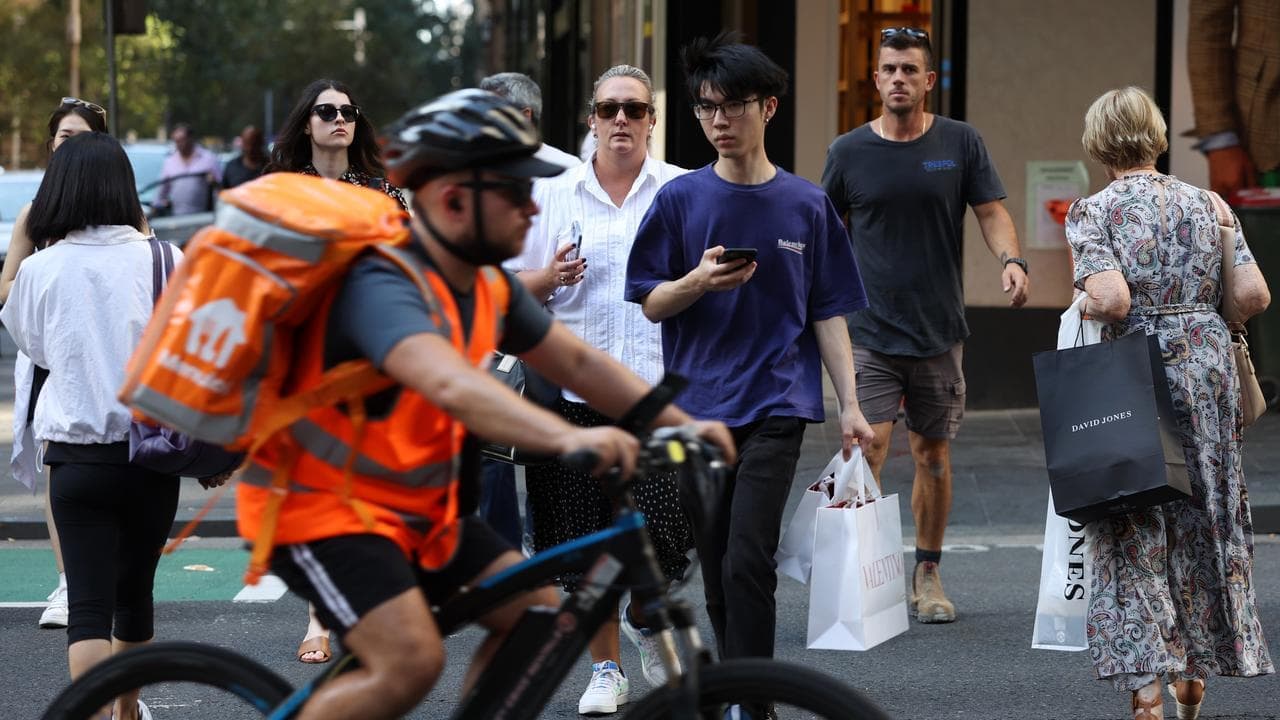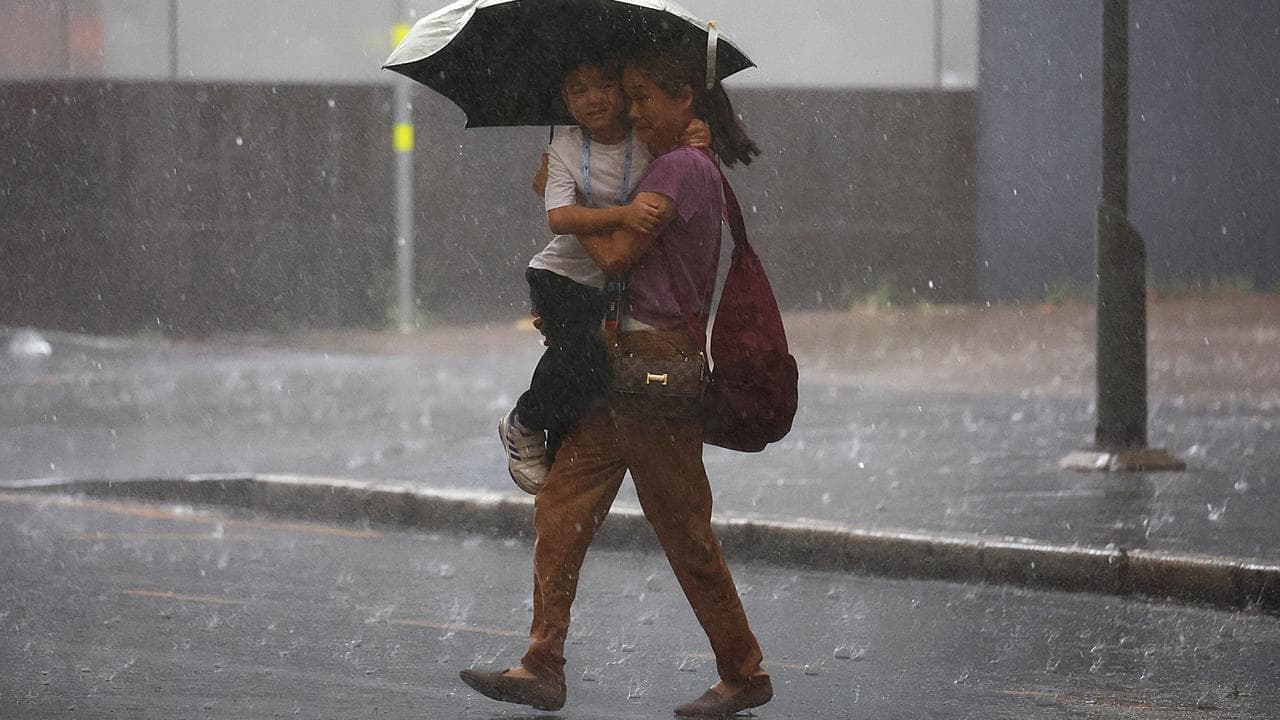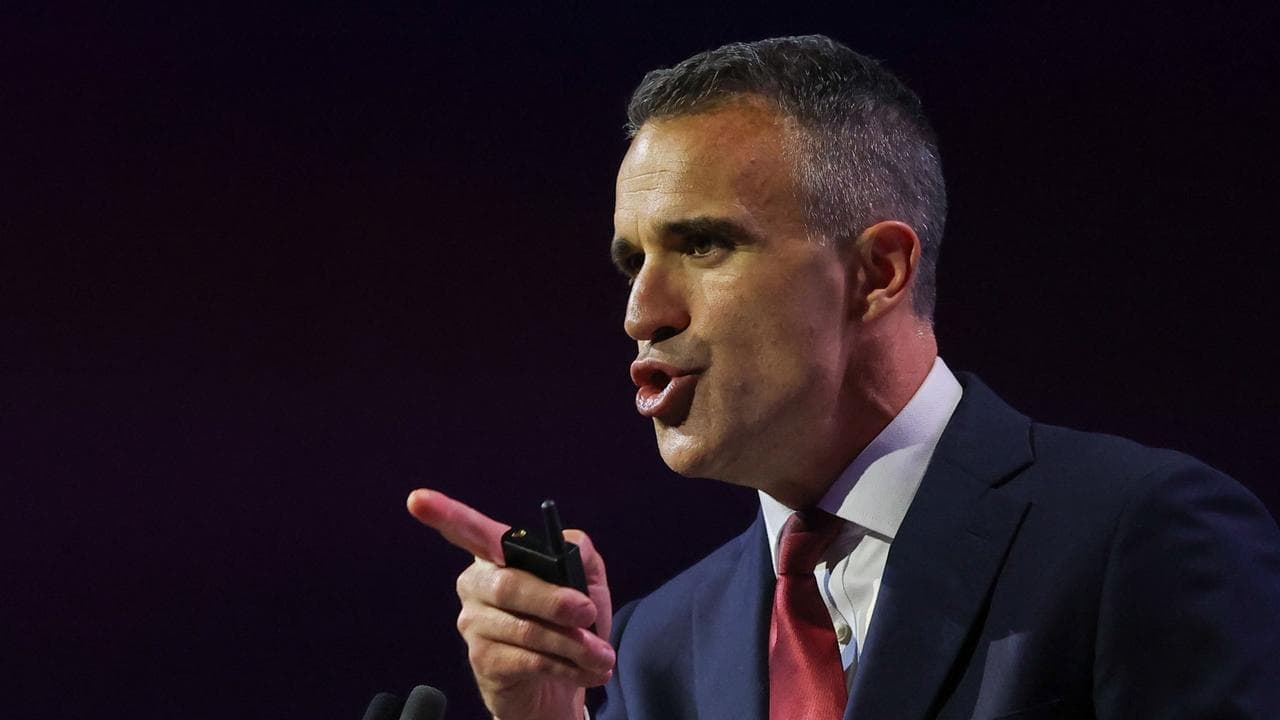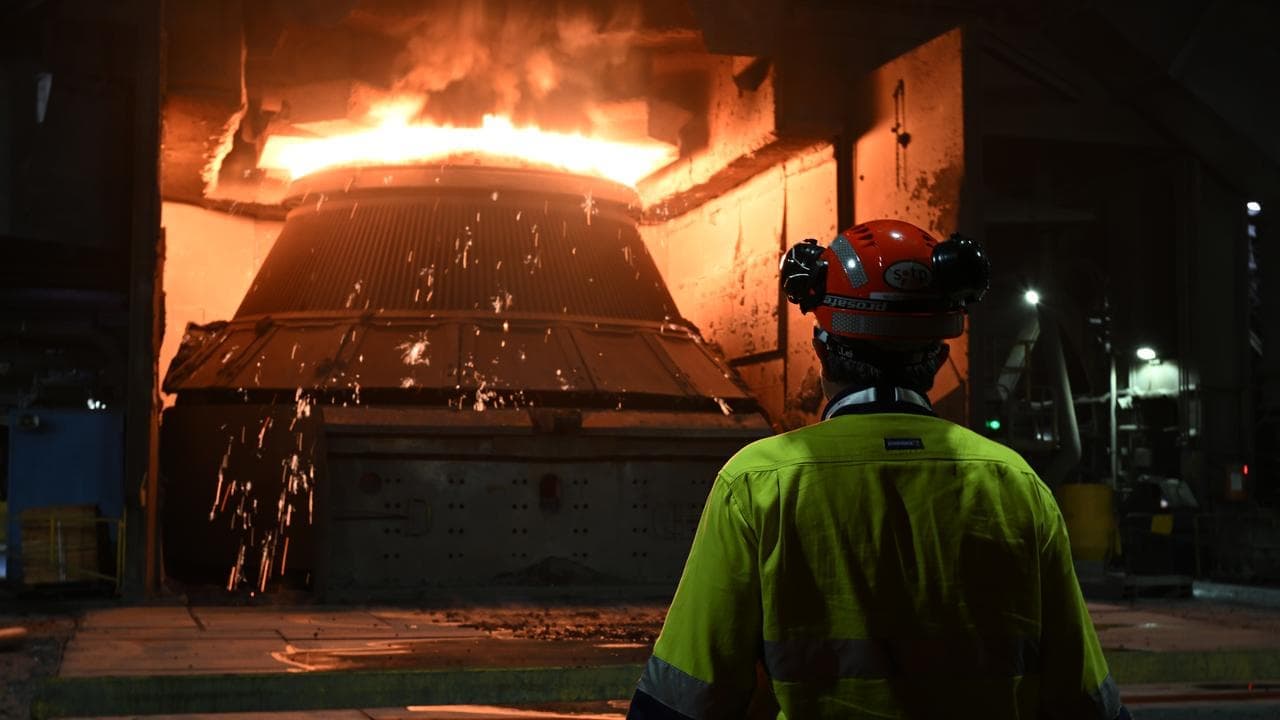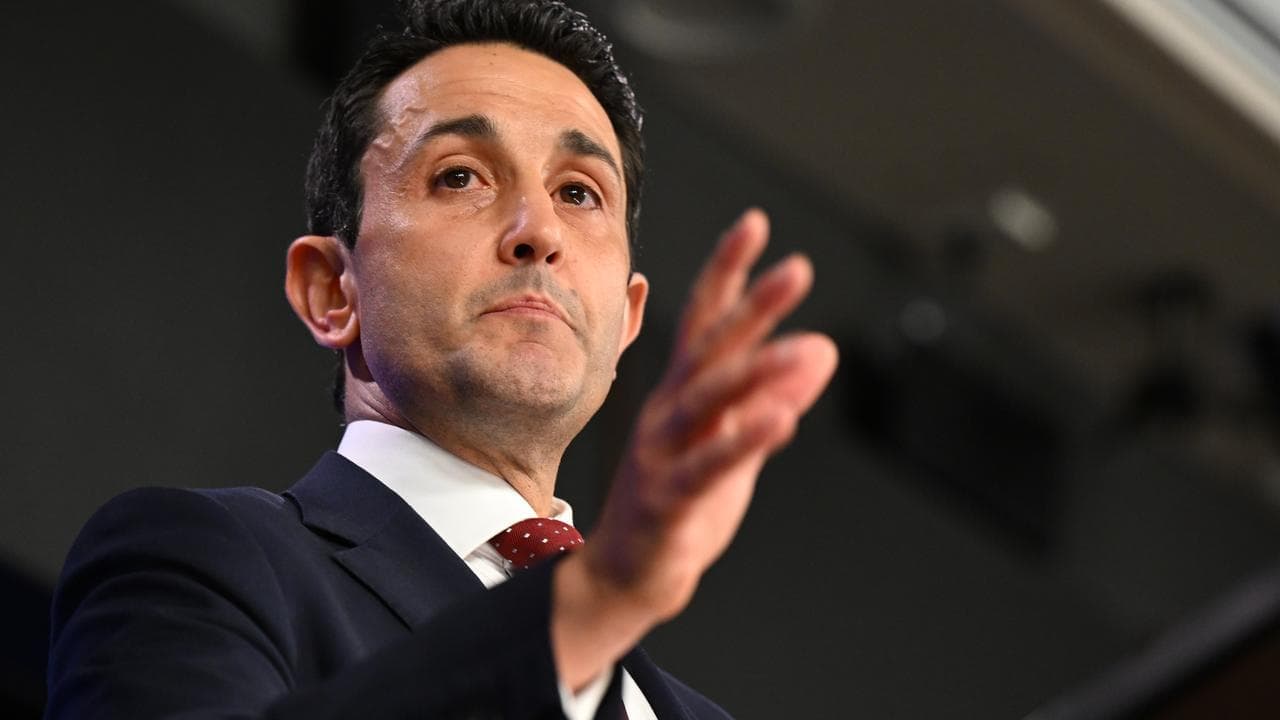WHAT WAS CLAIMED
Various posts claim to show photos of Elon Musk.
OUR VERDICT
False. The images are AI-generated and some are being used to promote scams.
AAP FACTCHECK – Fake images of Elon Musk doing mundane activities such as eating breakfast, holding flowers or wearing pyjamas are being used to lure Facebook users into the hands of scammers.
The images are generated by artificial intelligence (AI). Facebook users who comment on the photos are being targeted by scammers.
A Facebook photo search for "Elon Musk" returns hundreds of images of the technology billionaire.
Some are genuine but many are clearly AI-generated.
Many of the AI images are published on Elon Musk fan pages, and some include invitations.
 This post appears to be an invitation to breakfast with Elon Musk. (Facebook/AAP)
This post appears to be an invitation to breakfast with Elon Musk. (Facebook/AAP)
A picture published on December 16, 2024, in a Facebook group named "CEO Space X-Tesla", carries the caption "Just thinking about you puts a smile on my face" and purports to show him with a large plate of fried eggs and steak and holding a white coffee cup.
But there are clear signs the picture was created using AI.
Mr Musk's fingers and thumbs are warped, the coffee cup he is holding appears to be balancing on his hand, and the steak on his plate has an unusual bone attached.
 Discrepancies in this image are a giveaway that it is AI-generated, particularly the hands. (Facebook/AAP)
Discrepancies in this image are a giveaway that it is AI-generated, particularly the hands. (Facebook/AAP)
Another Facebook post published on December 12 on an "Elon Musk fan group" purports to show Mr Musk holding up a card with the US flag and some writing.
However, the letters on the card are warped and indecipherable, a common feature of AI-generated images.
Many of the posts appear to be "engagement bait".
Facebook describes engagement bait as "a tactic that urges people to interact with Facebook posts through likes, shares, comments and other actions in order to artificially boost engagement and get greater reach".
Scammers appear to be using the comments section of the fake Elon Musk posts to encourage people to send them private messages or click on suspicious links.
Dr TJ Thomson from RMIT and Associate Professor Amy Dawel from the Australian National University previously provided AAP FactCheck with eight tips for spotting AI-based visual disinformation.
The tips included looking for visual inconsistencies in the image, trying to find the original image using a reverse image search tool such as TinEye, and using an AI detection tool such as AI or Not.
 Social media users need to be aware of online scams and tricks used by fraudsters. (Lukas Coch/AAP PHOTOS)
Social media users need to be aware of online scams and tricks used by fraudsters. (Lukas Coch/AAP PHOTOS)
Scammers are producing thousands of Facebook posts like this that encourage people to share the post and/or click nefarious links.
Many people could be tricked into a scam – or advertising a scam – to family and friends on Facebook without realising it.
That's why it's vital to know how to identify a potential scam.
HOW TO SPOT A SCAM POST ON FACEBOOK – THE RED FLAGS
Treat posts offering extremely cheap or free products and services, or appealing for help to find lost or found people or pets, with caution if they include more than one of the following features:
* The person encourages everyone to share their post widely.
* They don't provide their contact details or they ask people to send them a DM or PM (direct message or private message).
* The post includes only very vague details about the location of the giveaway, person or pet.
* The account of the person posting is less than a year old, has no profile picture, has very few friends, or isn't located in the same area as the subject of the post. This indicates the account is fake.
* You can't comment on the post because comments are disabled. This is done to stop people from warning others it's a scam.
The Verdict
False – The claims are inaccurate.
AAP FactCheck is an accredited member of the International Fact-Checking Network. To keep up with our latest fact checks, follow us on Facebook, Twitter and Instagram.








